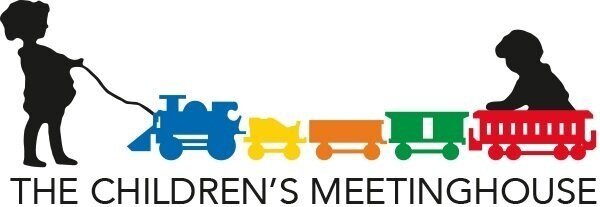What is Emergent Curriculum?
When teaching an emergent curriculum, educators acknowledge that learning and planning emerges from interests. We build from the curiosity and investigation present in the play environment. Emergent curriculum focuses on a child’s sense of wonder and asks teachers to learn alongside children in the role of a researcher.
Young children learn best through play . By actively observing children at play, teachers learn about the developmental progress of individual children and what skills and knowledge they are working on. They listen to children's ideas and interests, and then connect their curriculum goals with those of the children in responsive and creative ways.
Young children learn by doing, touching, experimenting, choosing, talking, and negotiating. Everything is potential curriculum for young children. Emergent curriculum is planning what happens in the classroom and the focus of learning through interaction between teachers and children. The emergent curriculum project approach builds on interests that emerge from the teacher’s daily lives with the children. The children provide the ideas that form a foundation for activities and units of study that are then prepared, organized, coordinated, and facilitated by the teachers.
Emergent curriculum arises naturally from interactions that create teachable moments. It connects learning with experience and prior knowledge. It responds to children's immediate interests rather than focusing on a narrow, individual, pre-packaged, or calendar driven topic. It emphasizes process rather than product. The curriculum is typically implemented after an idea emerges from the group of children and can last for several weeks or even months.
The fundamental approach of the emergent curriculum utilized at The Children’s Meetinghouse is to identify and incorporate the natural interests and curiosities of the children in the classrooms in order to develop units of study that are relative, age-appropriate, and meaningful.

